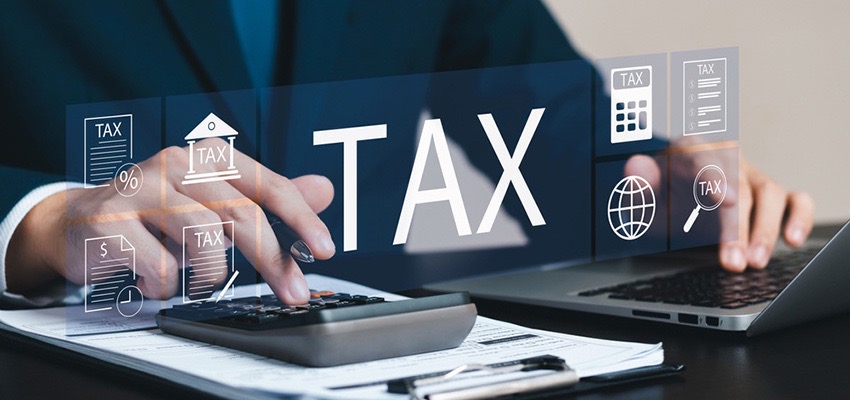The Finance Act of 2020 introduced Section 115BAC into the Indian Income Tax Act. This section allows individuals to choose between old tax rates and new reduced tax rates. Both regimes come with their own share of deductions and exemptions. This article sheds light upon the deductions under the new tax regime introduced under section 115BAC of the Income Tax Act. What is Section 115BAC of the New Tax Regime? According to Section 115BAC of the Income Tax Act, individuals or Hindu undivided families (HUFs) with income other than from a profession or business can choose to be taxed based on earlier years’ income when filing their returns under Section 139(1). This change was applied starting from the 2020-21 financial year and covers income earned from April 1, 2020, onward. A key aspect of this tax regime, outlined in Section 115BAC of the Income Tax Act, is the significant reduction in income tax slab rates. However, those who opt for this new regime will need to give up various deductions and exemptions available in the existing tax structure. Under this new section of the Income Tax Act, the concessional tax rate is applicable only after computing total income, excluding certain deductions or exemptions like set off of a loss and additional depreciation. What are the Income Tax Slab Rates Under Section 115BAC? The Union Budget 2024 introduced significant changes to the new tax regime. These changes are expected to provide significant tax relief to the middle class and make the new tax regime more appealing. Revised Tax Slab (New Tax Regime) FY 2024-25 along with FY 2023-24 Income Bracket (₹) FY 2024-25 Tax Rate FY 2023-24 Tax Rate 0-3 lakh 0% 0% 3-6 lakh 5% 5% 6-7 lakh 5% 10% 7-9 lakh 10% 10% 9-10 lakh 10% 15% 10-12 lakh 15% 15% 12-15 lakh 20% 20% 15 lakh+ 30% 30% What is the Eligibility for Section 115BAC? Income from business or profession should not be included in the total income. Total income should be calculated without availing deductions/exemptions from various sections such as Chapter VIA (except 80CCD, 80JJAA), sections 24b, 10, 32, 35, etc. Exclusions specified in Clause (5), (13A), (14), (17), (32) of Section 10 or 10AA or Section 16 should be considered. Any losses from past years due to claiming the mentioned deductions or owning a house should not be set off. No exemptions or deductions for allowances or perquisites can be applied. Depreciation under section 32(iia) cannot be claimed when computing the total income under section 115BAC. Which Deductions Are Allowed Under the New Tax Regime? Transport allowance provided to specially-abled persons. A conveyance allowance was received as compensation for the expenditure incurred as a part of the employment. Allowance is received to meet the expenses of tour, transfer, or travel. Daily allowance received in order to meet the ordinary expenses due to his absence from the place of duty. Perquisites received for official purposes. Exemption on voluntary retirement under section 10(10C), leave encashment u/s 10(10AA) and gratuity under section 10(10). Interest on a home loan on the let-out property (section 24). Gifts received upto Rs.50,000. Deduction for employer’s contribution to NPS account under section 80CCD(2). Deduction for additional employee cost. The standard deduction is Rs.50,000 under the new regime, applicable from FY 23-24. Deduction for family pension scheme under section 57(iia). Deduction of the amount deposited or paid in the Agniveer Corpus Fund under section 80CCH(2). FAQs What are the deductions allowed for 115bac? Section 115BAC limits deductions and disallows various expenses such as HRA, medical costs, and education loan interest. Additionally, starting from FY 2023-24, individuals can claim a standard deduction of Rs. 50,000 under both the new and old tax regimes. Is PPF included in the new tax regime? Tax is not levied on maturity proceeds from investments in the Public Provident Fund (PPF) and Sukanya Samriddhi Yojana. However, in the new regime, investments in these accounts do not qualify for the section 80C deductions up to Rs 1.5 lakh offered by the old regime.
